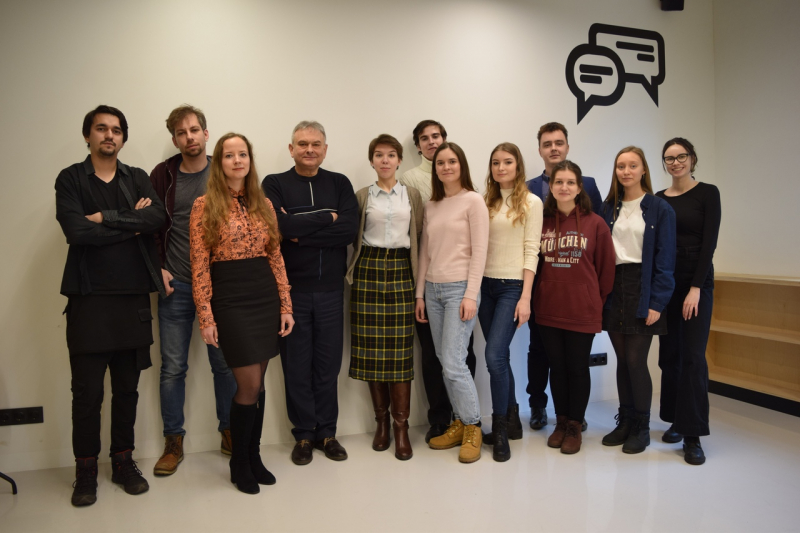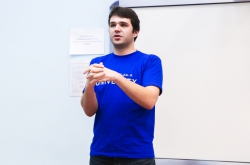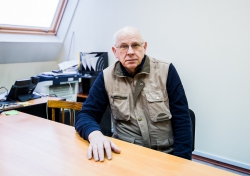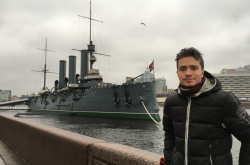After graduating from the Lomonosov Moscow State University’s Faculty of Biology, she spent several years abroad. During a four-year stay in Hong Kong, she defended her PhD thesis, worked as a researcher, and patented several unique inventions in the field of immunology. Then, she spent two years in Naples working in the fields of synthetic biology and cell engineering. Today, she is a participant of ITMO University’s Fellowship & Professorship Program and is working on three research projects that deal with experimental oncotherapy.
On research interests
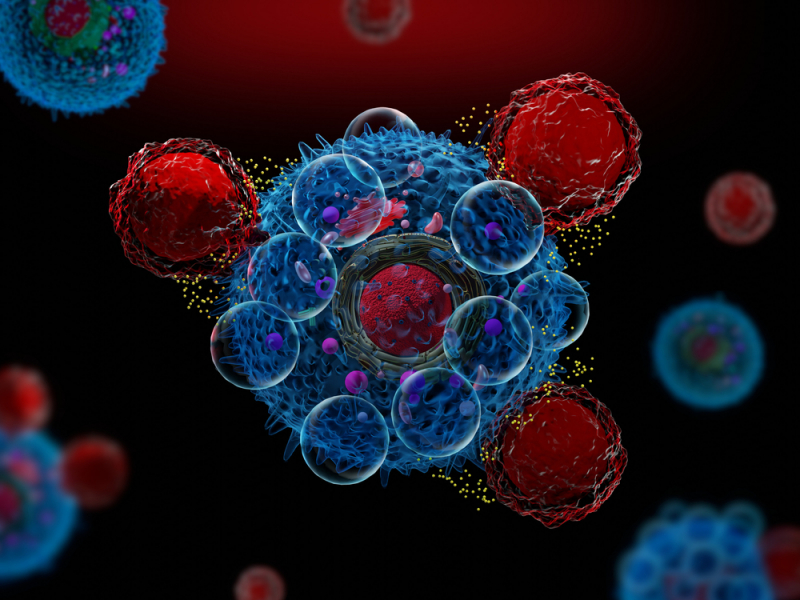
I do research in the fields of immunology and immunotherapy of cancer, as well as studies on the fundamental mechanisms of acute and chronic inflammation. My research interests mainly concern the systematic study of immune response and the development of new treatments – for inflammatory diseases first and foremost.
Right now, I am simultaneously working on three immunotherapy projects with students of our experimental oncology lab. The first project is about cancer treatment. To be more precise, we study the way the immune system responds to radiotherapeutic treatment and how these changes could be used against tumors.
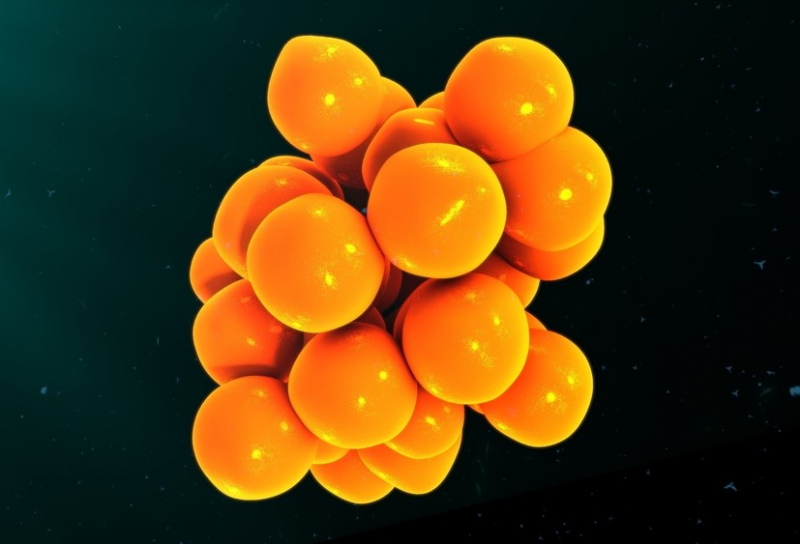
The second project focuses on antiviral response: with it, we aim to find ways to regulate cytokines and prevent cytokine storms. A cytokine storm is the immune system’s reaction to bacterial and viral infections which cause cytokines to indiscriminately activate immune cells, thus destroying not only pathogens, but healthy cells, too. The third project also deals with oncotherapy, namely the consequences of chemotherapy, which often results in pathological inflammatory processes that cause complications such as nausea and rejection of сhemotherapeutic drugs. If we learn how to control the inflammation, we could make life easier for patients and make chemotherapy more effective.
Working on three projects at once is both difficult and exciting. What helps is the assistance of my colleagues and the approaches these projects share.
On working abroad
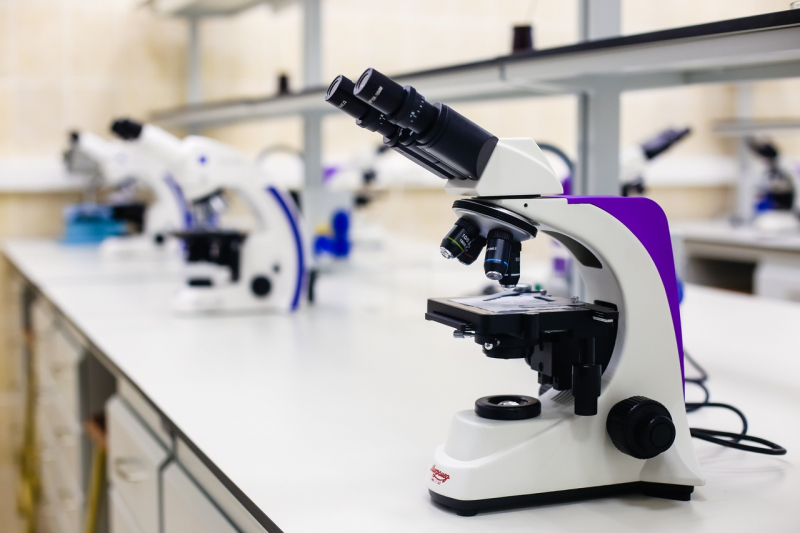
I graduated with a Specialist’s degree in cytology from the Lomonosov Moscow State University. After that, I went to Hong Kong, where I spent three years writing a PhD thesis on neuroimmunology at the Chinese University of Hong Kong and another year as a researcher at the same university. Then, I decided to gain some experience in molecular biology and traveled to the Italian Institute of Technology in Naples. There, I spent two years working in the field of synthetic biology and cell engineering. Then, I came back here, to ITMO.
As for my scientific focus, I haven’t really changed it as a whole and always remained a cellular biologist and immunologist. This is a fundamental interest that drives me. I have several projects that were included in patents; for instance, during my stay in Hong Kong I participated in developing a treatment method for inflammation and dementia in patients with Alzheimer's. Right now we are preparing to apply for two patents as part of the work I’ve done at ITMO and we are expecting them to be completed by the end of summer.
On working at ITMO and returning to Russia
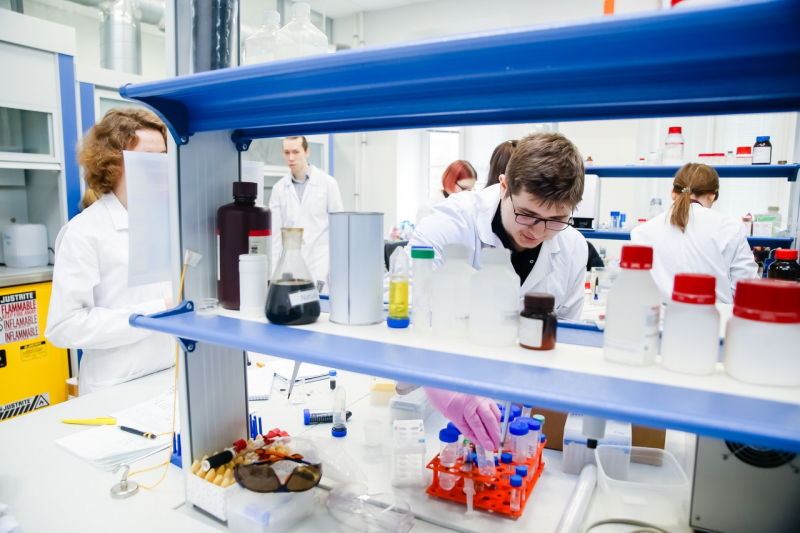
I very much wanted to come back and contribute my knowledge to Russian science specifically. Some people believe that coming back is easier than leaving. But in truth, it is just as difficult, because you feel that there’s a huge amount of responsibility on you. When abroad, you have to show the strengths of Russian science. When you’re back and more experienced, you get the desire to share that experience, which is a great source of motivation for further self-development. I can only hope that I am doing that well enough. I really love teaching and I love the university environment. But there is a serious language barrier in some countries, which limits opportunities for teaching.
I’ve only been back at ITMO University for a short time, since December of last year. The main reason I came here of all places is the opportunity to work with people of various professions and specializations. I really like the young interdisciplinary staff, who are open to collaboration. For instance, I can always ask something of the nanopharmaceutical research team, who are always near and ready to help, and I can also participate in their own innovative research – what could be more exciting?
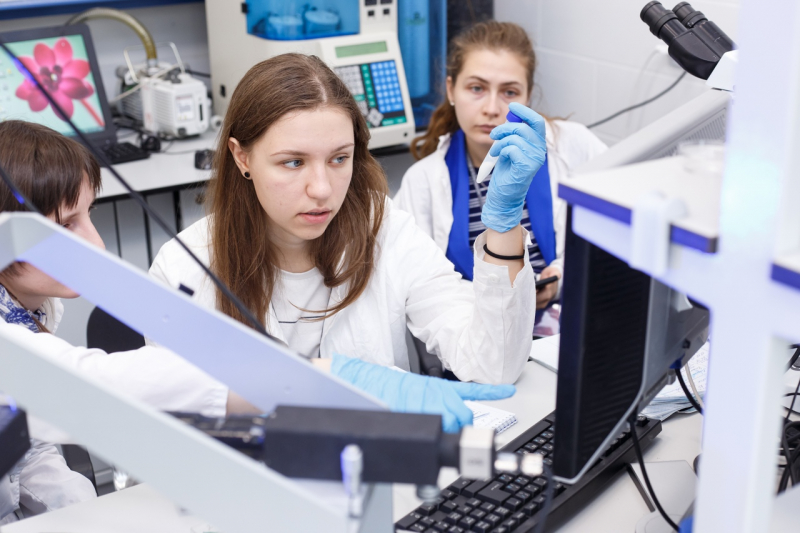
On future plans
Right now, I see my future career here, in Russia and at ITMO. The way I see it, I could reach bigger heights if I stay in one place and develop myself and my research.
Among the emerging career prospects are the opportunities to engage in science communication at conferences and visit other labs to work on joint projects and exchange experience, which is something every scientist needs.
In conclusion, I’d like to say that I’m very grateful to ITMO for the nearly limitless opportunities I’ve been offered. I find great satisfaction in seeing just how advanced Russian science is today and I’m proud to be part of it as a member of ITMO University’s amazing international team.
